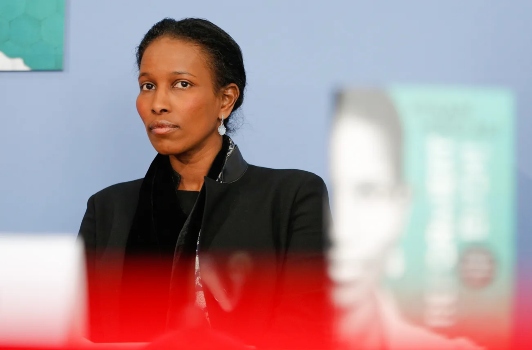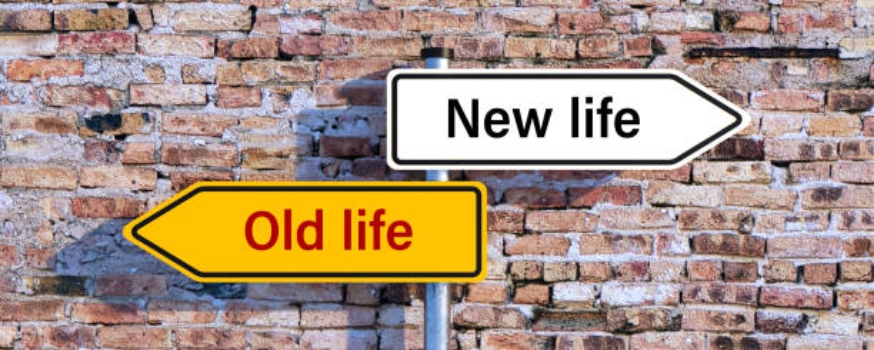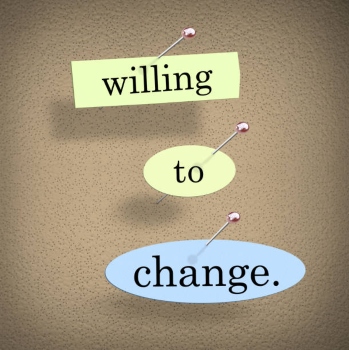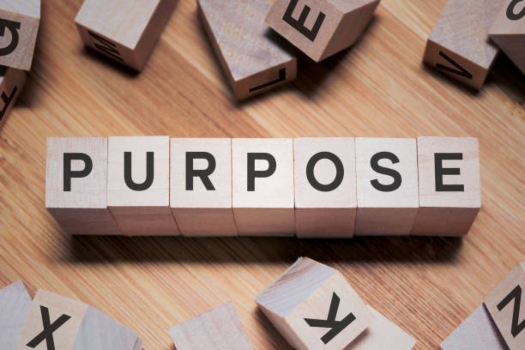Here I Am Lord, Send Me
Pastor Lisa is preaching a series on the prophets. This week’s prophet was Isaiah. As is the case with most prophets…the people hearing the message weren’t very receptive.
We don’t like it when someone tells us what we’re doing is wrong.
We like to think we have it all figured out. This is how it was for the people of Judah and Jerusalem when Isaiah shared God’s message with them. He was telling them to change their ways or there was going to be price to pay.
The Bible is full of people being made aware of their mistakes. It’s also full of examples of what happens when the warnings are ignored.
In this week’s Scripture, Isaiah 6:1-8, we hear about Isaiah’s vison of the Lord sitting on His throne. There were six winged creatures flying over Him covering themselves with four of these wings. They were calling out,
“Holy, holy, holy,
Lord All-Powerful!
The earth is filled
with your glory.”
As Isaiah witnessed this, he realized how unworthy he was. Then he cried out, “I’m doomed! Everything I say is sinful, and so are the words of everyone around me. Yet I have seen the King, the Lord All-Powerful.”

Then one of the creatures took a burning coal from the alter and touched Isaiah’s lips and said, “Your sins are forgiven, and you are no longer guilty.”
The Lord asked, “Is there anyone who I can send? Will someone speak for us?
Isaiah answered, “Here I am Lord, send me.”
We need to be willing to do what we’ve been called to do.
This doesn’t mean it’s going to be easy. It’s a more difficult road for some than others.
This is the case of Ayaan Hirsi Ali. She is a Somali-born Dutch-American writer, activist, and former politician.

She is a critic of Islam and advocate for the rights and self-determination of Muslim women. At the age of five, following local traditions in Somalia, Ali underwent female mutilation organized by her grandmother.
She received political asylum in the Netherlands, gaining Dutch citizenship. In her early 30s, Ali renounced the Islamic faith of her childhood and began identifying as an atheist.
In 2003, Ali was elected to the lower house of the States General of the Netherlands. While serving in parliament, she collaborated on a short film titled Submission, which critiqued and depicted the oppression of women under Islamic law.
This led to death threats after the film’s release. At this time, she became more outspoken as a critic of the Islamic faith. Her outspoken criticism of Islam made her a controversial figure in Dutch politics. Following a political crisis related to the validity of her Dutch citizenship, she left Parliament and ultimately the Netherlands.
Moving to the United States, Ali established herself as a writer, activist, and public intellectual. Ali founded an organization for the defense of women’s rights—the AHA Foundation.
Ali was a central figure in New Atheism. She was strongly associated with the movement, along with Christopher Hitchens.
Writing in a column in November 2023, Ali announced her conversion to the Christian faith. In this article she claimed that in her view the Judeo-Christian tradition is the only answer to the problems of the modern world.
So, what changed? Why does she call herself a Christian now?

“Part of the answer is global. Western civilization is under threat from three different but related forces.
We endeavor to fend off these threats with modern, secular tools: military, economic, diplomatic, and technological efforts to defeat, bribe, persuade, appease, or surveil. And yet, with every round of conflict, we find ourselves losing ground.
But we can’t fight off these formidable forces unless we can answer the question: What is it that unites us? The only credible answer, I believe, lies in our desire to uphold the legacy of the Judeo-Christian tradition.
That legacy consists of an elaborate set of ideas and institutions designed to safeguard human life, freedom, and dignity—finding their roots in Christianity.
And so, I have come to realize that my atheist friends failed to see the wood for the trees. The wood is the civilization built on the Judeo-Christian tradition; it is the story of the West.
Yet I would not be truthful if I attributed my embrace of Christianity solely to the realization that atheism is too weak and divisive a doctrine to fortify us against our menacing foes. I have also turned to Christianity because I ultimately found life without any spiritual solace unendurable—indeed very nearly self-destructive.
Atheism failed to answer a simple question: What is the meaning and purpose of life?
That is why I no longer consider myself a Muslim apostate, but a lapsed atheist. Of course, I still have a great deal to learn about Christianity. I discover a little more at church each Sunday. But I have recognized, in my own long journey through a wilderness of fear and self-doubt, that there is a better way to manage the challenges of existence than either Islam or unbelief had to offer.”
Like the people that Isaiah was speaking to and Ayaan Hirsi Ali we all tend to think we have it figured out. Some people chose to follow Jesus, and some don’t. The question is…are you going to say, Here I am Lord, send me?
You’ve been given a purpose. It’s up to you to decide what you’re going to do with it.


